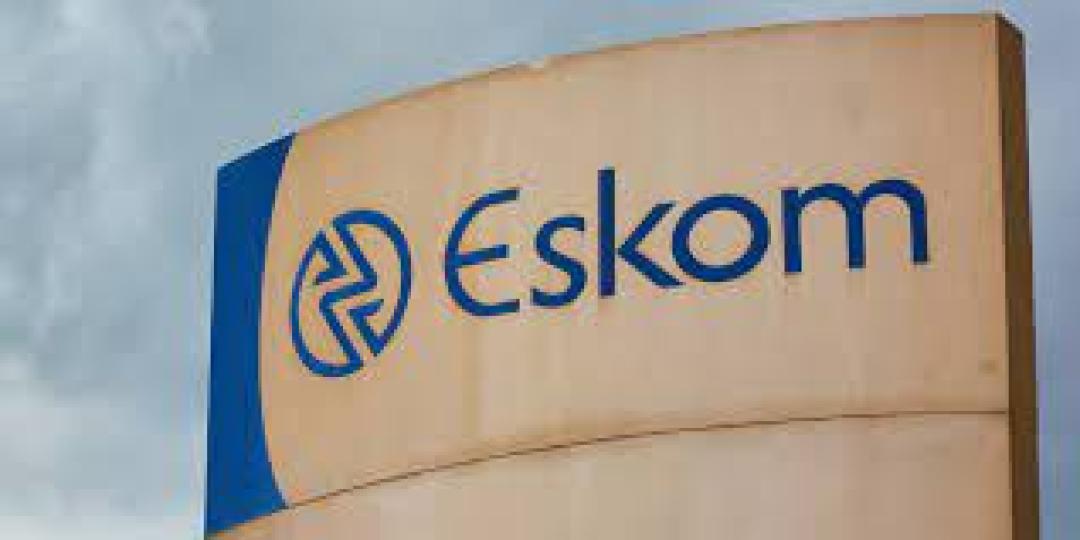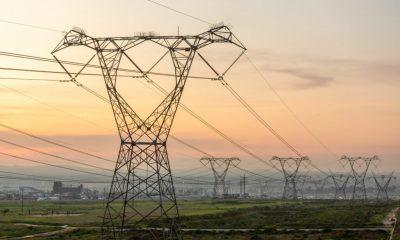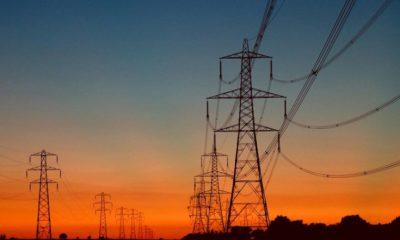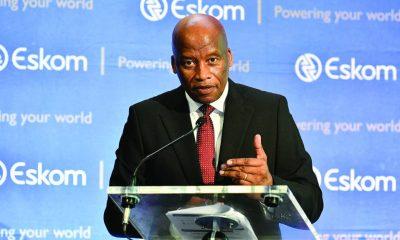Business
Eskom Bailout Cut: What It Means for South African Households and Rising Electricity Costs

South Africa’s energy crisis has placed immense financial pressure on households and businesses. Now, with the 2025 National Budget Speech confirming a reduction in Eskom’s bailout package, that burden is set to increase even further.
While the move may signal a push for financial sustainability, the reality is that costs are being offloaded onto consumers through rising electricity tariffs, increased fixed charges, and reduced solar tax incentives. With no clear long-term affordability plan in sight, many South Africans are left wondering: How much more will they be expected to pay?
Rising Electricity Tariffs and Charges
The government has reaffirmed its commitment to stabilising electricity supply and fast-tracking energy reforms through Operation Vulindlela. This includes an additional 22,500 MW of generation capacity, with over 10,000 MW already registered with the National Energy Regulator of South Africa (Nersa).
However, while these large-scale projects are crucial, they do not address the immediate financial strain on households and businesses.
Nersa has approved a 12.7% electricity tariff increase for the 2025/26 fiscal year, effective from April 1, 2025.
Fixed network charges will increase, impacting consumers who have switched to solar but remain partially connected to the grid.
Lower-consumption users may pay significantly more in fixed costs, making electricity more expensive for vulnerable households.
“Consumers who are actively trying to reduce electricity usage or switch to solar are still being penalised through new charges and increased tariffs.”
There is also an urgent need for greater transparency in how these charges are calculated, as many South Africans feel they are paying more without seeing real improvements in energy reliability.
New Solar Registration Fees in 2026
From March 2026, solar users will be required to register their systems with Eskom, with non-compliance penalties of up to R6,052.
While Eskom has extended registration fee exemptions for small-scale embedded generation (SSEG) until then, the long-term affordability of solar remains a concern.
Consumers who invested in solar to escape high tariffs now face extra costs for staying partially connected to the grid.
Many contribute surplus power to the grid, yet they are still subject to restrictive new fees.
Rather than penalising those embracing renewable energy, policymakers should be incentivising private sector participation in South Africa’s energy transition.
The End of Solar Tax Incentives?
Another pressing concern is the uncertainty surrounding the future of renewable energy tax incentives.
Section 12BA tax breaks, which encouraged businesses to invest in renewable energy, were set to end on February 28, 2025.
Without new incentives, businesses may struggle to justify further investment in alternative energy.
The Budget Speech provided no clarity on whether these incentives will be extended or replaced.
At a time when private sector involvement is critical, businesses are left uncertain about how to continue investing in energy security.
“The lack of clear renewable energy incentives in the Budget Speech leaves businesses in the dark – both literally and figuratively.”
Sustainable Solutions Needed
Energy industry leaders, including Alumo Energy, are calling for:
Greater transparency in electricity pricing structures
Continued incentives for solar adoption
A sustainable, consumer-focused energy transition
A long-term solution must prioritise affordability rather than relying on higher tariffs and restrictive regulations to cover inefficiencies within Eskom.
South Africans have already taken steps toward energy independence, but they should not be penalised for doing so. Instead of shifting costs onto consumers, policymakers must focus on real energy sector reforms that promote affordability and sustainability for all.
{Source IOL}
Follow Joburg ETC on Facebook, Twitter , TikTok and Instagram
For more News in Johannesburg, visit joburgetc.com



























